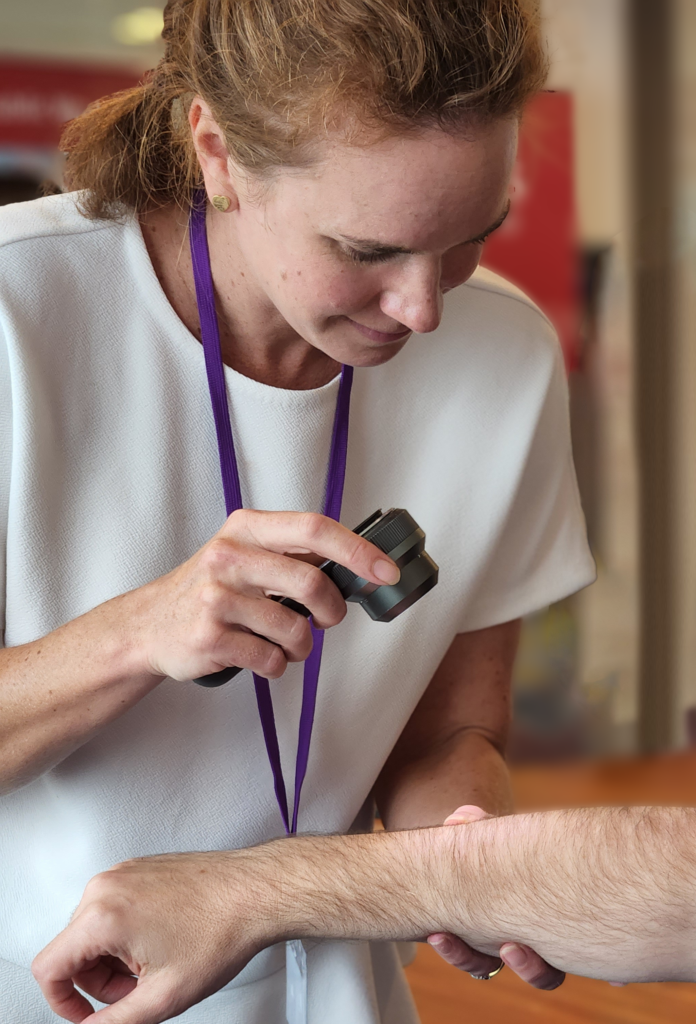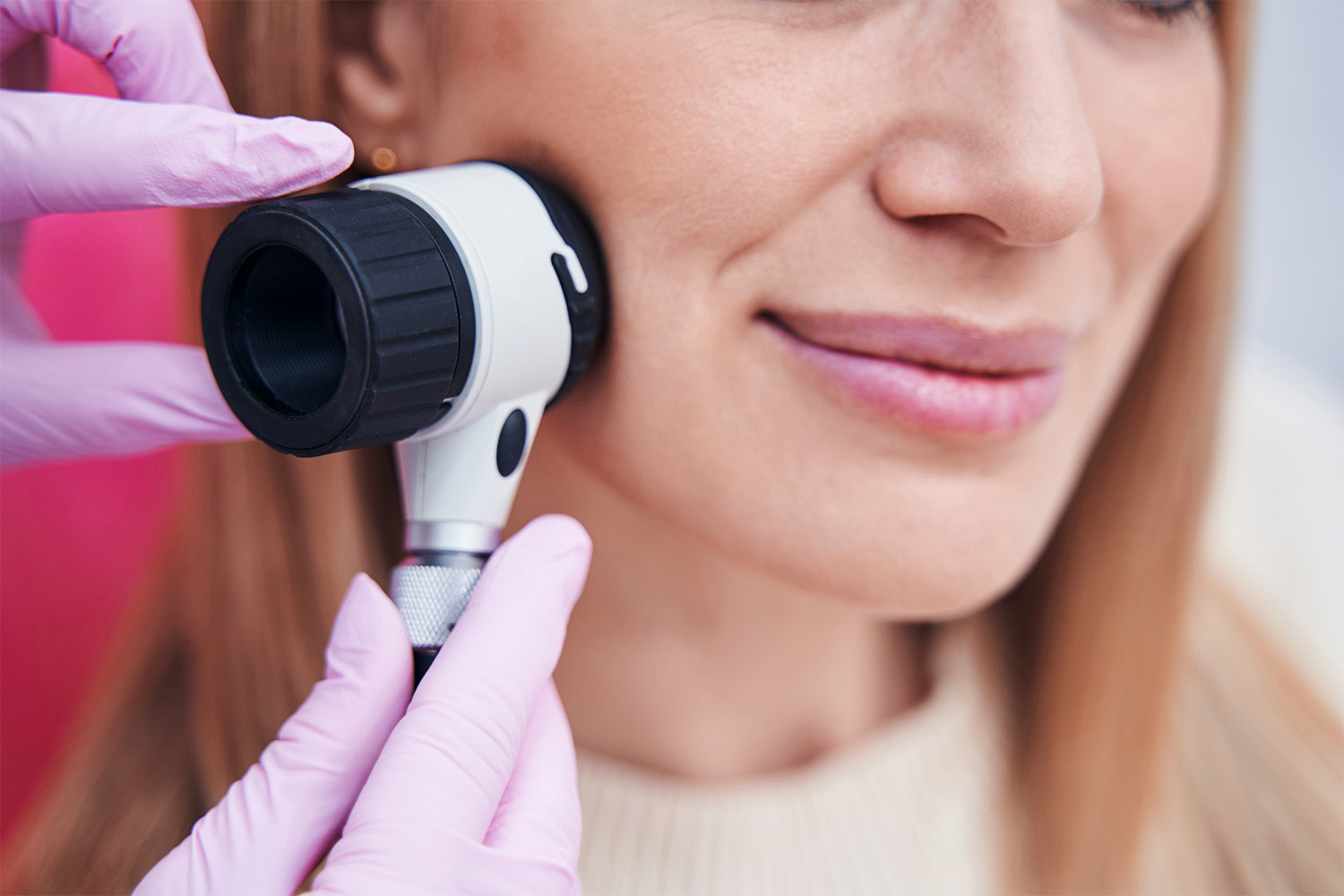Catching some Vitamin D from the sun’s rays is an essential part of a healthy lifestyle. Although, most Australians will know that sunlight must be enjoyed in moderation. Too much sunlight can become harmful and burn us, leading to sun damage and health complications such as melanomas and other skin cancers. With such harsh sunlight conditions, Australia has the highest incidence rate of skin cancer in the world, accounting for more than 80% of cancer diagnoses in the country each year.
Preventative measures are the best way to reduce sun damage and the risk of skin cancers. Most Australians will be familiar with the Cancer Council’s Slip, Slop, Slap, Seek, and Slide slogan (originally popularised in the 1980’s with Sid the Seagull as Slip, Slop, Slap). This slogan is a great way to remember what we need to do to protect our skin from sun damage. But protection is rarely 100% assured and people can still be damaged by the sun, particularly in places where they think they are already protected such as in their car, or on a cloudy day. So, what can we do to reduce our risk of health complications caused by sun damage and skin cancer?

Retrieved from Cancer Council: Slip Slop Slap Seek Slide
Skin Checks as Preventative Measure
Fortunately, skin cancers are one of the most preventable forms of cancer. Regular skin checks are one of the best ways to detect skin cancers early and reduce the risk of skin cancers developing and becoming a threat to our health and wellbeing. To get a better understanding of skin checks and what is involved, we asked Doctor Penny Templeman to help us debunk skin checks by asking her some of the most common questions we get about them. Doctor Templeman has a certificate in Skin Cancer in Primary Care, and she performs hundreds of skin checks every year for Ford Health clients!
What is a Skin Check?
A skin check is a full body assessment and inspection of the skin for abnormalities and skin cancers. A medical professional or doctor will typically use a dermatoscope to look closely at your skin and any particular points of interest to assess whether they are threats to your health. A skin check is usually performed professionally in a private room to ensure your comfort. Some doctors may ask you to change into a gown so they can more-easily inspect your skin. Any abnormalities or concerns that are identified would be referred on for investigation by a specialist and/or treatment.

Dr Templeman holding a dermatoscope, preparing to assess a client’s arm.
Why Should I Get a Skin Check?
A trained professional who is experienced in identifying skin cancers, such as Dr Templeman, is much more likely to identify a skin cancer and organize treatment before it becomes harmful. A skin check also poses the perfect opportunity for you to point out any new moles or spots on your skin.
The good thing about skin cancers is that they are there to be found with early detection
-Dr Penny Templeman
When Should I Get a Skin Check?
Dr Templeman recommends getting a skin check annually, at least. Frequent skin checks are highly recommended for people who are considered to be at high risk of skin cancer. You might be considered high risk if you have:
- more than 10 freckles or moles on an arm,
- a personal history with skin cancer,
- family history of skin cancer,
- or if you are on immunosuppressors.
You should also get a skin check when you notice any new moles, freckles, or pigment shapes in your skin.
What Could the Doctor Find?
Precancerous lesions such as Solar Keratosis or Dysplastic Naevi are the most common abnormalities found in a skin check. These can be treated and dealt with before they even become cancerous if they are detected early enough. Melanoma is the most common form of skin cancer found in a skin check. Sometimes non-melanoma cancers can be found such as:
- Basal cell carcinoma (BCC)
- Squamous cell carcinoma (SCC)
- Nevus Sebaceous (type of birthmark that can turn into a BCC)
Early detection saves lives. There is nothing more distressing for a skin check doctor than to see someone who has an advanced lesion which they have been ignoring or have been ‘too busy’ to have checked. Early melanoma has a 95-99% survival rate, but this drops to 25% (5 year survival) for very advanced melanomas.
When was the last time you had a skin check? If you think you and your colleagues need to start getting regular skin checks, get into contact with our friendly team. Ford Health offers workplace skin check programs both in-clinic, and on-site at your workplace!
To hear more about health and wellbeing for work and life, follow us on LinkedIn!






